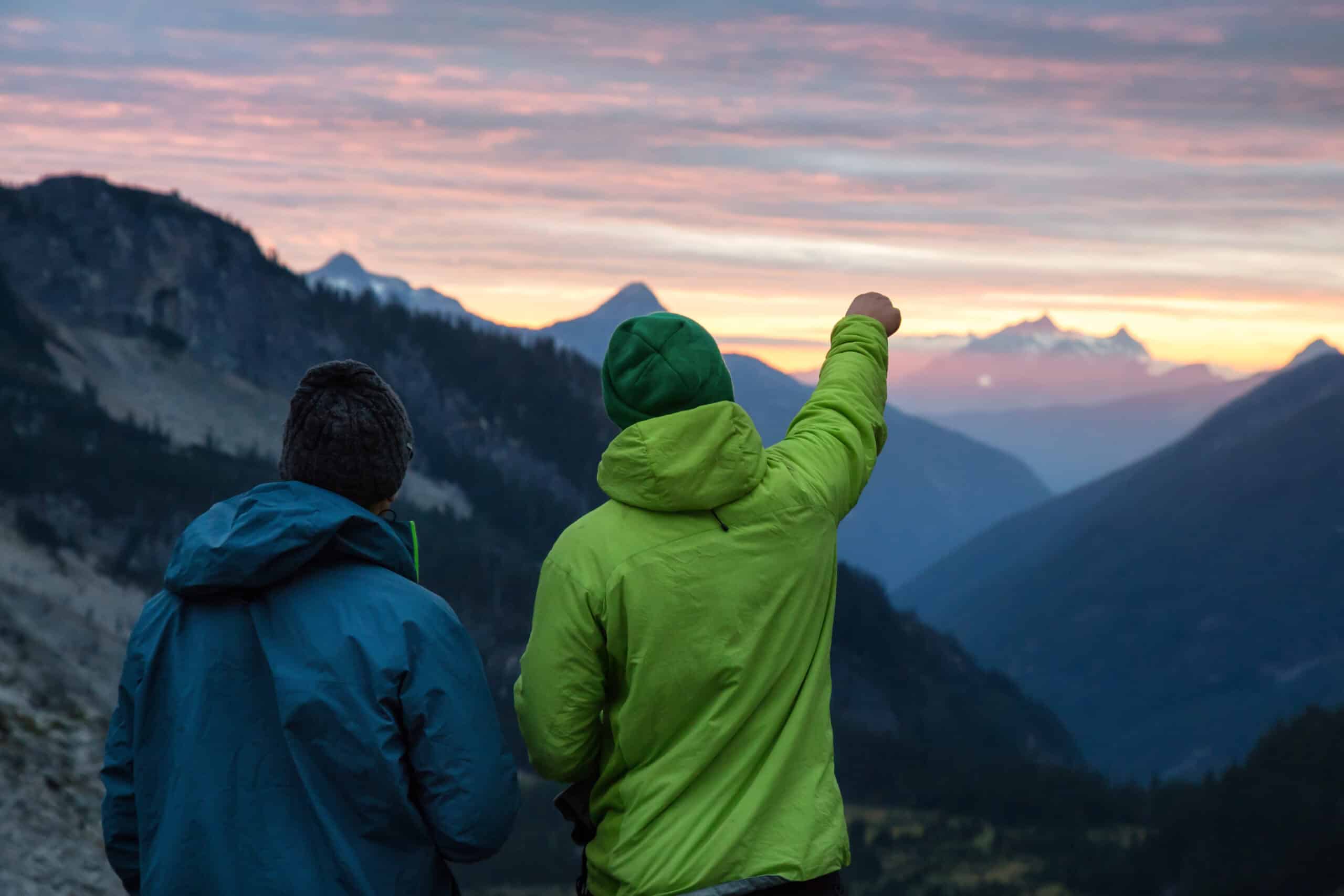Advancing solutions for strong communities, a green economy, and a healthy environment.
We provide citizens and decision-makers with the policy analysis and practical tools they need to advance an economy and way of life that are environmentally sound, economically vibrant, and socially just.

Our Work
All Sightline Institute research is available to you to cite, use, and share, per our free use policy.
Homes on Wheels Are Filling a Big Gap in Portland
How Cascadia Can Maintain Its Heat Pump Momentum
Who Owns a Utility Matters Less for Climate Than the Rules They Play By
Seattleites Keep Their Model Campaign Finance Reform Program
Oregon Decides It Was a Mistake to Let Cities Ban Homes
Lessons for Washington State Leaders as Another US Oil Refinery Closes
One of Washington’s Anti-Climate Initiatives, 2066, Eked Out a Victory. Why?
Four Ways Gov.-elect Ferguson and Washington Lawmakers Can Build on the State’s Big Climate Win
Correcting the Record on Initiative 2066
The Contradiction of a Split Vote on Washington’s Anti-Climate Ballot Initiatives
(Re)explaining Washington’s Climate Commitment Act
Seattleites Keep Their Model Campaign Finance Reform Program
Seattle’s Democracy Vouchers Are Popular Across the Political Spectrum
For Juneau, There’s a Better Way than Cascade Voting
Democracy Vouchers Are a Bargain
In Seattle Elections, Dark Money Follows Competition, Not Democracy Vouchers
Four Ways Context Matters for Wildfire News Coverage
Blazing a Trail: The Vital Role of Wildfire Hazard Maps
The Best Wildfire Solution We’re Not Using
Homes on Wheels Are Filling a Big Gap in Portland
Oregon Decides It Was a Mistake to Let Cities Ban Homes
Oregon’s Zoning Reforms Are Working—But They Need Some Upgrades
How to Talk About Parking Reform—and Win
How Washington State Won Parking Reform
Washington Takes Statewide Zoning Reform to the Next Level
How we work
Sightline Institute equips leaders with practical policy solutions, thoughtful arguments to advance them, and unusual coalitions to win them.
Agenda-setting
Case-making
Policy influence
As a think tank, our piece of the coalition puzzle is to supply rigorous independent research, plus smart messaging and strategy recommendations, to help drive policy wins across Cascadia. Here’s how we do it:
- Set the agenda: Sightline researchers explore numerous potential solutions in our issue areas, identifying those with the highest impact and political promise for our region. In other words, we get curious and dream big.
- Make the case: Having identified priority opportunities, we research them in-depth, publish rock-solid data, and develop sophisticated arguments and messaging to steer the conversation. Here, we’re like a debate team in overdrive.
- Influence policy: From the halls of state legislatures to city council chambers to editorial board meetings, we then transform those well-honed solutions into reality—helping draft bills, equipping champions with the evidence and messaging they need, and assembling the unusual, multi-partisan coalitions often needed for success. This is how we win positive change for Cascadians—and set a model for other places in North America and beyond.

Why our topics
What does democracy have to do with sustainability? Why is housing a climate issue? How do you balance a bigger electric grid with conservation?
Sightline centers its efforts on what we have identified to be turnkey opportunities: urgent, high-impact issues to propel sustainability in our region and model best-in-class solutions for other places.
- For example, using election methods whose outcomes better reflect the will of the people can deliver more of the popular climate policies many voters already support, often across partisan lines.
- As for housing, it’s about giving more people options to affordably live in the cities and towns they love, while reducing their energy use and climate impact by doing so.
- And when new transmission lines needed to usher an electrified future come with small-picture local, environmental impacts, we zoom out to the bigger climate panorama and the promise of clean, renewable energy, clear skies and clean air, and say (along with Bill McKibben) “yes in our backyards.”
This big-tent approach to reconciling people, place, and prosperity in our region—and making Cascadia its global model—means we have worked on dozens of topics over our 30-plus years of operation. We stay nimble to seize emerging opportunities while also committing to long-term solutions.
